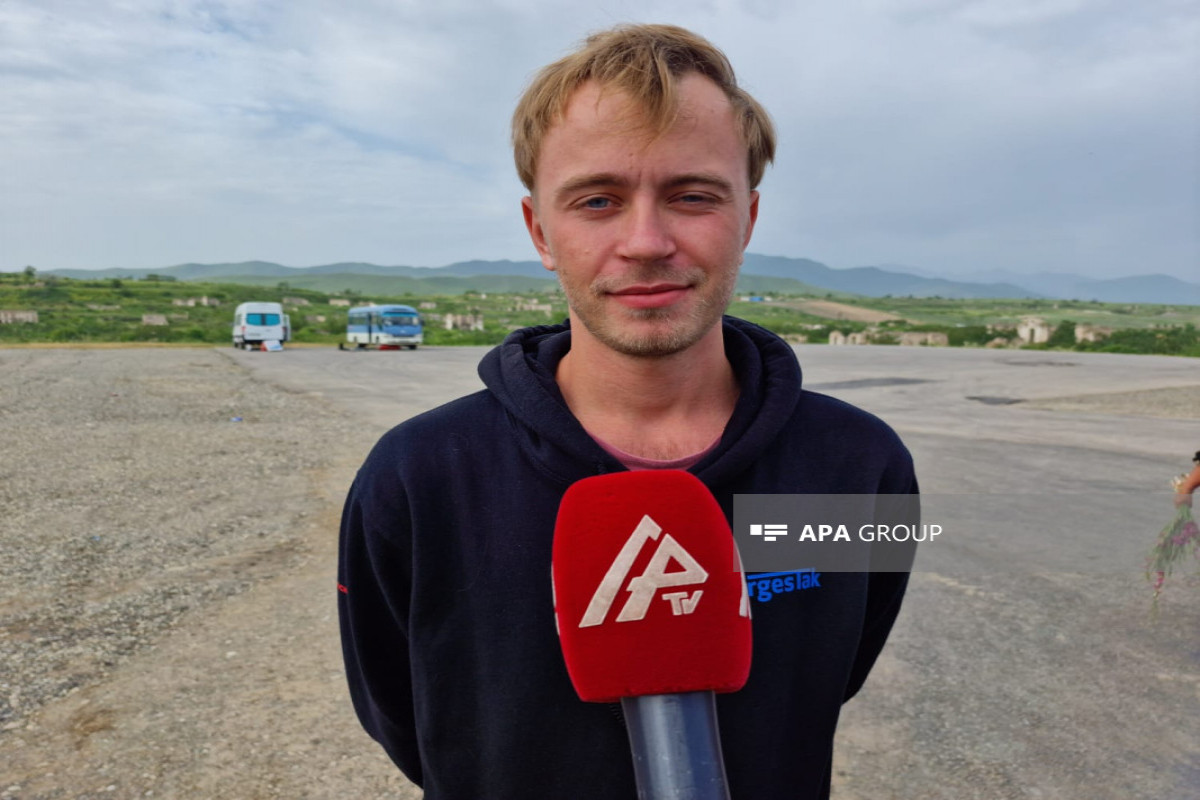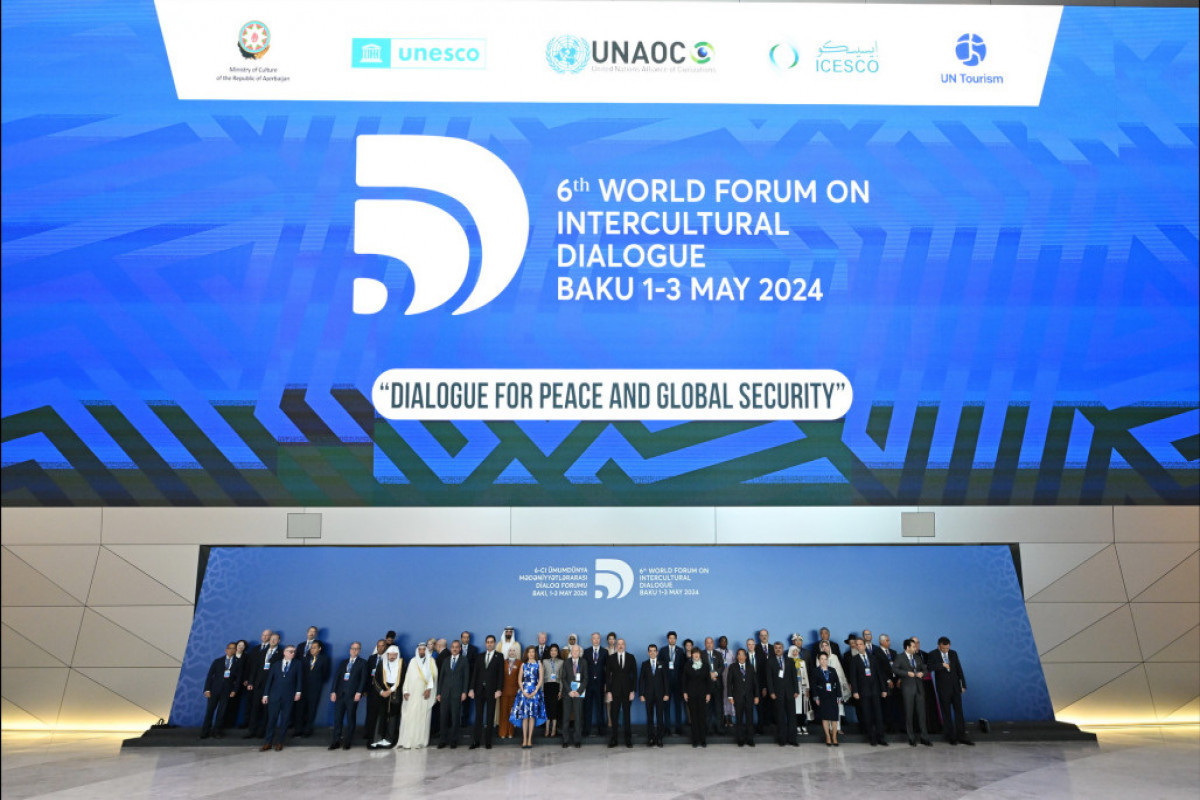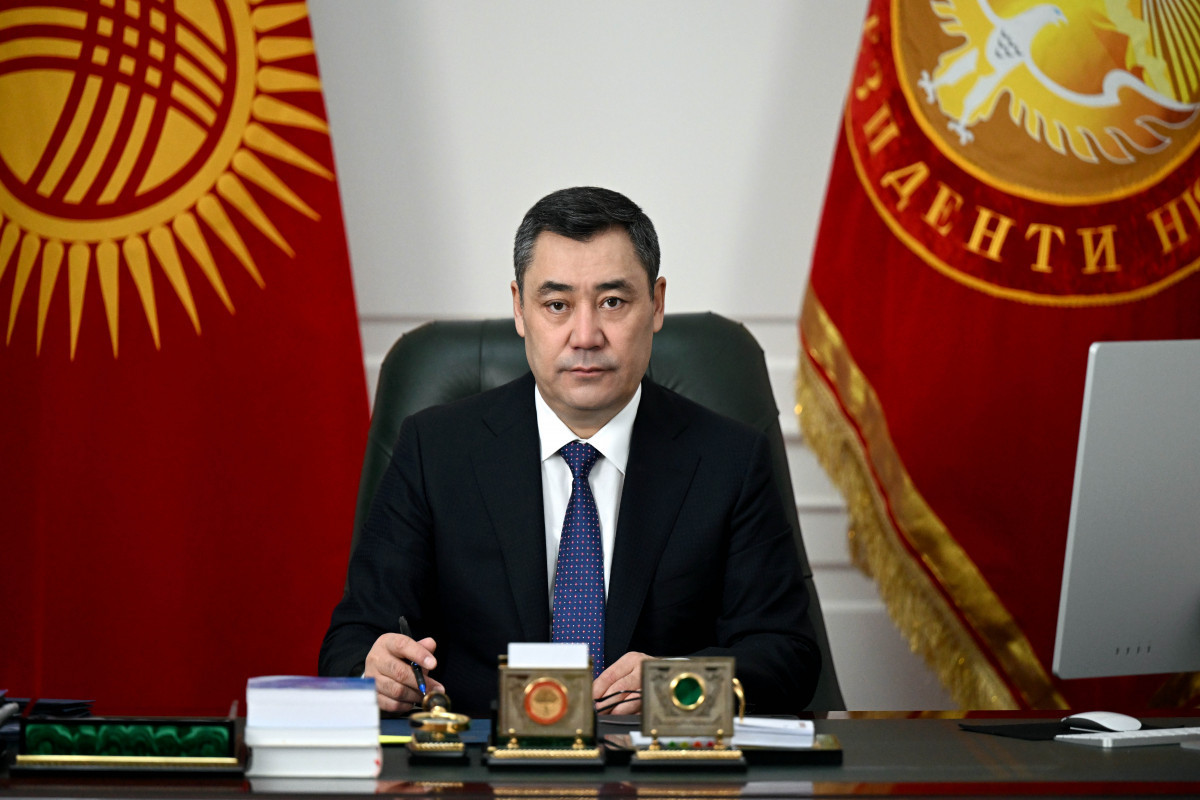Q: Greece underwent an economic crisis some time ago. At the time, some said the crisis had resulted from Greece’s membership of the EU and entry into Eurozone. It was even proposed that Greece exit the EU. How is the current situation in your country? Is there going to be a “Greek version” of the Brexit?
A: After many years of recession the Greek economy is recovering, boosted by exports and tourism (30 million arrivals in 2017 or all-time high). We have achieved a positive GDP growth rate in 2017, with even better prospects for 2018. Unemployment has fallen 6 percentage points from 2014 to 2017 and the Greek government has succeeded in surpassing fiscal targets for primary budget surpluses. These macroeconomic and fiscal and achievements rule out completely the possibility of GREXIT. They are the outcome of the great effort by the Greek government to exit bailout program by August 2018.
Q: How do you feel about the level of cooperation between Greece and Azerbaijan? What was last year’s trade turnover between the two countries? What steps can be taken to improve bilateral relations further?
A: Bilateral trade data for 2017 are still expected. Trade turnover for 2016 was rather small at about 16 million USD, consisting almost entirely of Greek exports of goods to Azerbaijan (as the Azeri oil exports to Greece virtually disappeared during that year, amounting only to about half a million USD). Excluding oil, which is a very special commodity traded under its own rules, the two countries produce more or less similar products, and therefore increasing trade volume is not easy. However our common will with the Azerbaijani authorities is to increase trade volume in the near future.
Q: Are there any Greek companies interested in Azerbaijan’s new oil and gas fields? Azerbaijan is implementing the TANAP and TAP projects together with its partners. What are Greece’s expectations from these projects?
A: Greek companies have shown no interest in the Azerbaijani “upstream” sector so far, because they are focusing primarily on hydrocarbons exploration & exploitation in the area of Greece itself (with the single notable exception of North Africa and the Eastern Mediterranean). TAP, of course, is a great “engine for growth” in Greece since its construction started in 2016, being the largest Foreign Direct Investment in my country’s history. 65% of the project in Greek soil has already been completed and the direct amount of work contracted to Greek companies (e.g. the steel pipes) is about 1 billion USD. Last but not least, linking TAP with TANAP at the Greek-Turkish border will serve as a “bridge” of friendship and cooperation between the two countries.
Q: Last year Athens hosted a meeting of the Azerbaijan-Greece Joint Intergovernmental Commission. Next meeting is expected to be held in Baku. Is the date fixed?
A: Indeed, the last meeting of the Joint Commission took place in Athens in May 2016 and it was very successful. The Azerbaijani side is expected to formally propose a date for the next meeting (in Baku) in due time.
Q: Are there going to be any high-level official visits between the two countries this year? In what areas are new agreements going to be signed?
A: Mr. Kotsonopoulos Loudovikos (Head of Minister’s Cabinet, the Ministry of Energy and Environment of the Hellenic Republic), Mr. Verriopoulos Michail (Secretary General for Energy and Mineral Resources of the Ministry of Energy and Environment of the Hellenic Republic) will participate in the 4th Southern Gas Corridor Advisory Council and MPs will visit Baku in the framework of the VI Global Baku Forum. We are in the process of elaborating visits on a Ministerial level. Moreover, there is a broad array of ongoing negotiations for the signing of bilateral agreements in various fields like Education, Culture, E.U. affairs, Sports, cooperation in Military issues, judicial affairs and more.
Q: As you know, the Armenia-Azerbaijan Nagorno-Karabakh conflict has been going on for many years. What is Greece’s stance in respect of this conflict?
A: Greece actively supports the peaceful resolution of the Nagorno-Karabakh conflict based on the provisions of international law and the relevant UN/SC resolutions.






